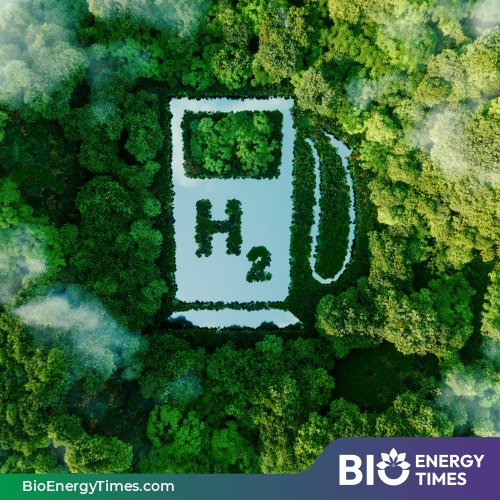A consortium made up of Técnicas Reunidas and Sinopec has been selected by ACWA Power to lead the design of a new green hydrogen plant in Yanbu, Saudi Arabia. The project will double the production capacity of the well-known NEOM hydrogen initiative and marks another step in the country’s push to become a global clean energy leader, reports Inspenet.
The new plant will have the capacity to generate up to 400,000 tons of green hydrogen each year using electrolysis powered by 4 gigawatts of energy. This hydrogen will be converted into green ammonia, making it easier to export to international markets. The move is part of Saudi Arabia’s broader plan to position itself as a key supplier in the global energy transition.
Técnicas Reunidas and Sinopec will carry out the front-end engineering design (FEED) work over the next 10 months. This will lead to a construction proposal worth several billion euros. While power generation from solar or wind energy is not part of this early phase, the plant is expected to be powered by renewable energy in the future.
The new facility will also include a desalination plant and a port terminal for exporting green ammonia—important additions that ensure the plant can operate reliably in the region’s dry conditions.
“This project shows our growing involvement in clean energy development in the Middle East,” said a spokesperson from Técnicas Reunidas. “We’re proud to support a facility that will help reduce reliance on traditional fuels and promote a more sustainable future.”
The project adds to Técnicas Reunidas’ current portfolio of contracts in Saudi Arabia, which now exceeds €2.2 billion. The company is already involved in other hydrogen and clean fuel projects, including one of Europe’s largest e-methanol plants.
The Yanbu plant is a central part of Saudi Arabia’s goal to capture 10% of the global hydrogen export market by 2030. At the same time, other countries in the region, such as the United Arab Emirates and Morocco, are advancing their own hydrogen projects, intensifying competition.
The success of the Yanbu plant will depend on how well its systems—ranging from electrolysis and water treatment to export infrastructure—work together. If successful, the project will play a key role in reducing Saudi Arabia’s dependence on oil and strengthening its place in the future of clean energy.















